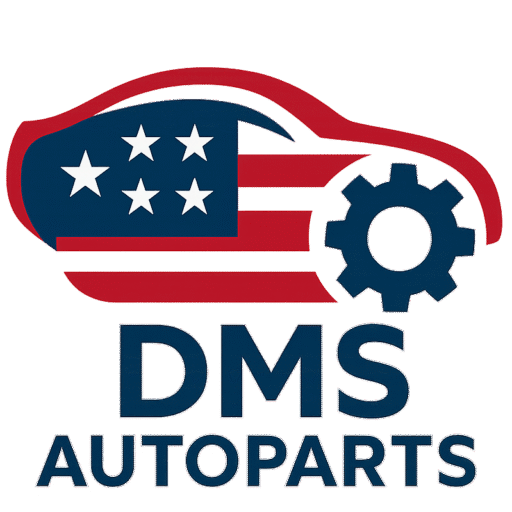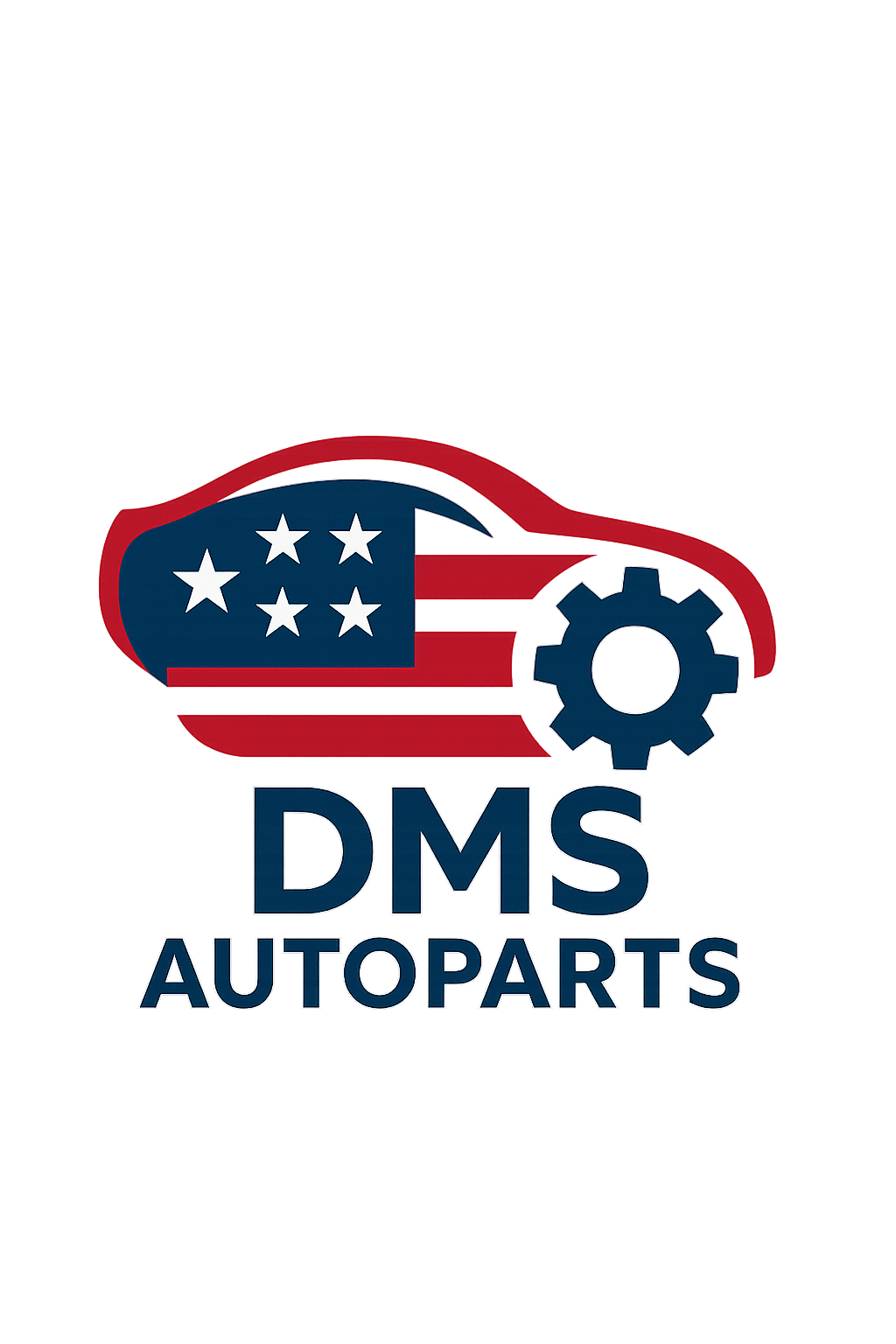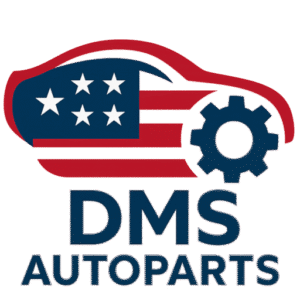HOW TO FIND A QUALITY USED ENGINE FOR SALE
Whether your car’s engine has failed or you’re working on a project build, finding a quality used engine can save you thousands compared to buying new. But not all used engines are created equal. This guide will walk you through the smart steps to help you find a reliable, high-quality used engine without getting ripped off.
1. Know What You Need
Before you start searching, gather key information about your vehicle:
- Year, Make, and Model
- VIN (Vehicle Identification Number)
- Engine size and code
- Transmission type (Automatic or Manual)
These details help ensure you get the right engine that’s compatible with your vehicle.
2. Understand the Types of Used Engines
When buying a used engine, you’ll encounter different categories:
- Used (As-Is): Pulled from a donor car with minimal inspection. Cheaper, but riskier.
- Rebuilt: Disassembled and restored with new parts. Costs more, but better reliability.
- Remanufactured: Rebuilt to factory specs. Typically the most expensive but like-new in performance.
- Tested/Certified: Some vendors test engines before resale, which adds peace of mind.
3. Where to Find Quality Used Engines
A. Online Marketplaces
- eBay Motors
- Craigslist
- Facebook Marketplace
- Car-Part.com
Be cautious of scams and always ask for photos, engine compression test results, and documentation.
B. Reputable Auto Recyclers & Salvage Yards
- Look for certified members of ARA (Automotive Recyclers Association)
- Ask for warranties and test results
C. Specialized Used Engine Suppliers
- Companies like LKQ, JDM Engine World, and SWEngines offer verified engines with warranties.
- They often inspect, clean, and test engines before selling.
4. Ask the Right Questions
When speaking to a seller, ask:
- How many miles are on the engine?
- Has the engine been tested or inspected?
- Is there any warranty included?
- What is the return or refund policy?
- Can you provide the engine’s service history or donor car’s condition?
A reliable seller will be transparent and have proper documentation.
5. Check for a Warranty
Avoid buying any used engine without some form of warranty. Look for:
- 30 to 90-day standard warranty
- Extended warranty options
- Clear terms (what’s covered and what’s not)
This protects you if the engine fails shortly after installation.
6. Consider Professional Inspection
If you’re not mechanically inclined, it’s worth having a mechanic inspect the engine before buying or after delivery. Look for signs of:
- Oil leaks or sludge
- Broken sensors or mounts
- Cracks in the block or head
- Clean and dry spark plug holes
7. Compare Pricing — But Don’t Go Too Cheap
If a deal sounds too good to be true, it probably is. Always compare prices from different sources. A super-cheap engine might have high miles or hidden damage. Remember — you’re buying reliability, not just metal.
8. Shipping & Installation Costs
Factor in shipping costs if you’re buying from out of town. Also, confirm compatibility with your mechanic or installer before purchasing — swapping the wrong engine can lead to more problems.
Conclusion: Be Smart, Not Sorry
Finding a quality used engine doesn’t have to be a gamble. With the right research, trusted suppliers, and a few smart questions, you can get a solid replacement engine that brings your vehicle back to life — without breaking the bank.
Need Help Finding a Used Engine?
Leave a comment or reach out — we’ll help you connect with verified suppliers and make the best choice for your vehicle!











3 thoughts on “HOW TO FIND A QUALITY USED ENGINE FOR SALE”
Lorem ipsum dolor sit amet, consectetur adipiscing elit, sed do eiusmod tempor incididunt ut labore et dolore magna aliqua. Quis ipsum suspendisse ultrices gravida. Risus commodo viverra maecenas accumsan lacus vel facilisis.
Lorem ipsum dolor sit amet, consectetur adipiscing elit, sed do eiusmod tempor incididunt ut labore et dolore magna aliqua. Quis ipsum suspendisse ultrices gravida. Risus commodo viverra maecenas accumsan lacus vel facilisis.
Lorem ipsum dolor sit amet, consectetur adipiscing elit, sed do eiusmod tempor incididunt ut labore et dolore magna aliqua. Quis ipsum suspendisse ultrices gravida. Risus commodo viverra maecenas accumsan lacus vel facilisis.